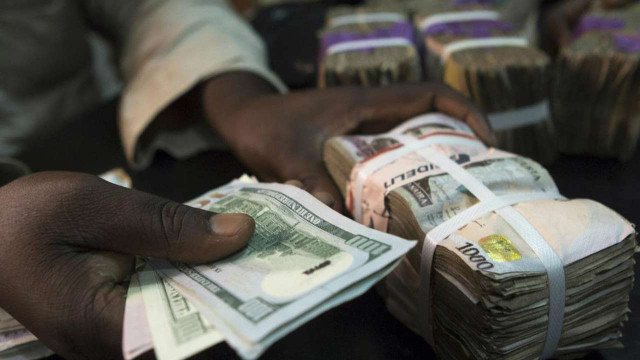The depreciation of the naira has raised concerns for the Nigerian Association of Chambers of Commerce, Industry, Mines and Agriculture (NACCIMA).
The National President, Dele Kelvin Oye, highlighted the challenges posed by the weakening currency in a statement. He emphasized the impact on import costs, inflation, and the need for the government to stabilize the naira through potential pegging and defense measures.
Oye expressed worry about the multiple challenges faced by Nigeria due to the significant depreciation of the naira, which currently stands at N1,500 to the dollar.
The devaluation of the currency leads to higher import costs, affecting the prices of various goods, ranging from food to electronics.
This, in turn, fuels inflation and reduces the purchasing power of Nigerians, particularly those with fixed incomes. Additionally, industries reliant on foreign materials experience increased production expenses.
The depreciation also results in higher government and business foreign debt servicing costs, as more naira is required per dollar.
This strains financial resources and potentially reduces funding for public services. While a weaker naira may attract foreign investment by making assets cheaper, it could also deter investors seeking stability.
On a positive note, a devalued naira enhances the competitiveness of non-oil exports such as agriculture and manufacturing in the global market. However, this benefit is contingent upon the country's ability to efficiently increase production.
Domestically, the economic uncertainty discourages consumer spending and confidence. For households receiving foreign remittances, the value of the received funds increases, offering some relief.




















